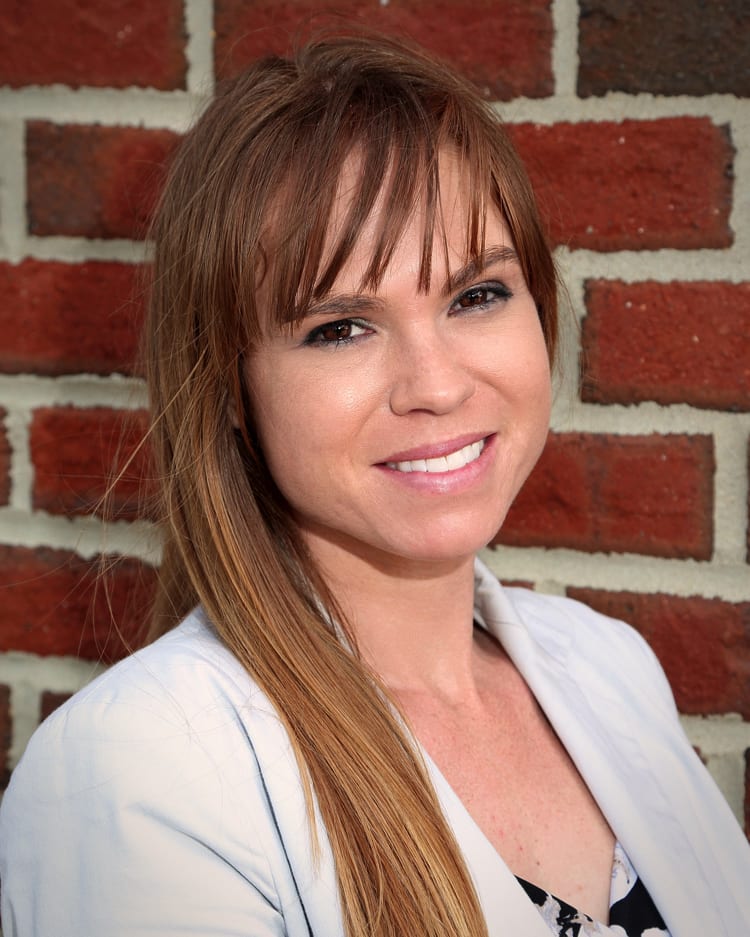
M
919.772.1990
Browse Blog
Listen In
919.772.1990
Browse Blog
Listen In
Quick Links
Services
Medication Management
One80 Locations

By Emily Fry, LCMHC, LCAS, NCC
Clinical Director of Substance Use Intensive Outpatient Program
Recovery is not a straight line, it’s a journey marked by growth, setbacks, learning, and resilience. One of the most powerful principles that supports this journey is the idea of progress, not perfection. It’s a reminder that healing doesn’t require flawlessness; it simply requires movement in the right direction.
For many in recovery, whether from addiction, trauma, mental health struggles, or other life challenges, the pressure to be “perfect” can become a heavy burden. It can lead to shame, guilt, and discouragement when inevitable mistakes or relapses occur. But recovery isn’t about getting everything right; it’s about not giving up when things go wrong.
Progress, not perfectioninvites compassion. It encourages individuals to celebrate small victories, recognize effort, and keep going even when the road gets tough. It shifts the focus from unrealistic expectations to daily, manageable goals. A single step forward—no matter how small—is still a step away from the past and toward a better future.
This mindset builds resilience. It empowers people to learn from their experiences rather than be defined by them. It transforms failure into feedback and turns setbacks into setups for growth.
In recovery, perfection is not only unattainable, it’s unnecessary. What matters most is the courage to try again. Progress, no matter how slow, is still progress. And in that, there is hope.

Emily Fry
Emily is a Licensed Clinical Mental Health Counselor, Licensed Clinical Addictions Specialist, National Certified Counselor, and EMDR Trained Therapist. She earned her Master’s degree in Clinical Mental Health Counseling from the University of North Carolina at Pembroke and her Bachelor’s degree in Business Administration from the University of North Carolina at Wilmington.
Trauma in Children and Adolescents By Julie DeFalco, LCSW and Clinical Director of Child & Adolescent ServicesOne may ask, how can multiple children be in the same situation, even the same...
As the weather warms and summer begins, many people look forward to vacations, outdoor gatherings, and festivals. While this season is often associated with fun and relaxation, it can also bring an increase in substance use. Understanding the connection between summer and substance use is essential for promoting healthier choices and staying safe during the sunny months.
Recovery is Not Linear By Emily Fry, LCMHC, LCAS, NCC Clinical Director of Substance Use and Addiction ServicesSince 1989, September has been deemed National Recovery Month by the Substance Abuse...